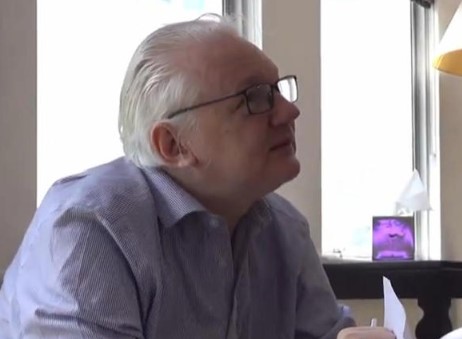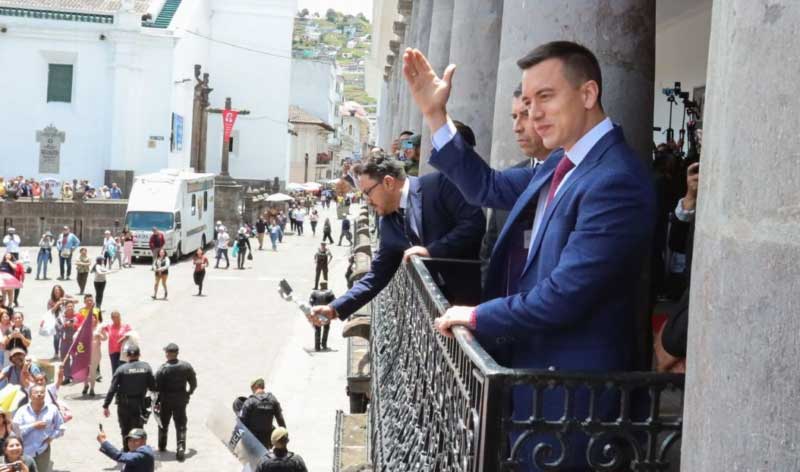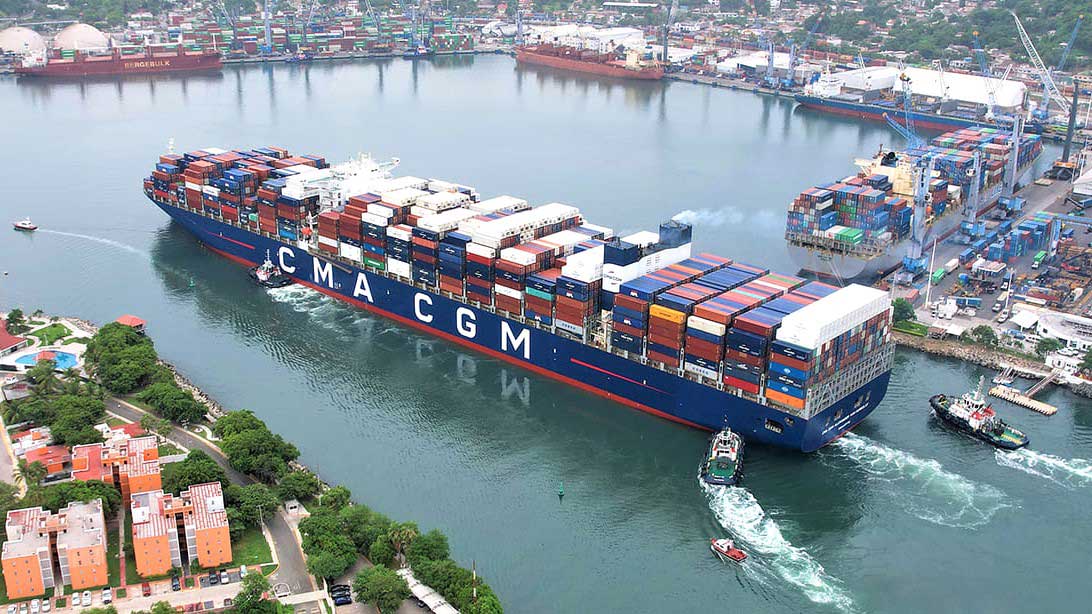In saga that began in Ecuador’s London embassy, Julian Assange is finally free following a plea deal
By Sarah Lynch
WikiLeaks founder Julian Assange is due to plead guilty on Wednesday to violating U.S. espionage law, in a deal that will end his imprisonment in Britain and allow him to return home to Australia, ending a 14-year legal odyssey.

Julian Assange
Assange, 52, has agreed to plead guilty to a single criminal count of conspiring to obtain and disclose classified U.S. national defense documents, according to filings in the U.S. District Court for the Northern Mariana Islands.
He is due to be sentenced to 62 months of time already served at a hearing in Saipan at 9 a.m. local time on Wednesday (2300 GMT Tuesday). The island in the Pacific was chosen due to Assange’s opposition to travelling to the mainland U.S. and for its proximity to Australia, prosecutors said.
Assange left Belmarsh prison in the UK on Monday before being bailed by the UK High Court and boarding a flight that afternoon, Wikileaks said in a statement posted on social media platform X.
“This is the result of a global campaign that spanned grass-roots organisers, press freedom campaigners, legislators and leaders from across the political spectrum, all the way to the United Nations,” the statement said.
A video posted on X by Wikileaks showed Assange dressed in a blue shirt and jeans signing a document before boarding a private jet with the markings of charter firm VistaJet.
He will return to Australia after the hearing, the Wikileaks statement added, referring to the hearing in Saipan.
“Julian is free!!!!” his wife, Stella Assange, said in a post on X.
“Words cannot express our immense gratitude to YOU – yes YOU, who have all mobilised for years and years to make this come true.”
The only VistaJet plane that departed Stansted on Monday afternoon was headed to Bangkok, FlightRadar24 data shows. A spokesperson for Assange in Australia declined to comment on his flight plans. VistaJet did not immediately respond to a request for comment.
The Australian government, led by Prime Minister Anthony Albanese, has been pressing for Assange’s release but declined to comment on the legal proceedings as they were ongoing.
“Prime Minister Albanese has been clear — Mr Assange’s case has dragged on for too long and there is nothing to be gained by his continued incarceration,” a government spokesperson said.
A lawyer for Assange did not immediately respond to a request for comment.
WikiLeaks in 2010 released hundreds of thousands of classified U.S. military documents on Washington’s wars in Afghanistan and Iraq – the largest security breaches of their kind in U.S. military history – along with swaths of diplomatic cables.
Assange was indicted during former President Donald Trump’s administration over WikiLeaks’ mass release of secret U.S. documents, which were leaked by Chelsea Manning, a former U.S. military intelligence analyst who was also prosecuted under the Espionage Act.
The trove of more than 700,000 documents included diplomatic cables and battlefield accounts such as a 2007 video of a U.S. Apache helicopter firing at suspected insurgents in Iraq, killing a dozen people including two Reuters news staff. That video was released in 2010.
The charges against Assange sparked outrage among his many global supporters who have long argued that Assange as the publisher of Wikileaks should not face charges typically used against federal government employees who steal or leak information.
Many press freedom advocates have argued that criminally charging Assange represents a threat to free speech.
“A plea deal would avert the worst-case scenario for press freedom, but this deal contemplates that Assange will have served five years in prison for activities that journalists engage in every day,” said Jameel Jaffer, executive director of free speech organization Knight First Amendment Institute at Columbia University.
“It will cast a long shadow over the most important kinds of journalism, not just in this country but around the world.”
Assange was first arrested in Britain in 2010 on a European arrest warrant after Swedish authorities said they wanted to question him over sex-crime allegations that were later dropped. He fled to Ecuador’s embassy, where he remained for seven years, to avoid extradition to Sweden.
After former Ecuadorian president Lenin Moreno rescinded his asylum status, Assange was dragged out of the embassy in 2019 and jailed for skipping bail. He has been in London’s Belmarsh top security jail ever since, from where he has for almost five years been fighting extradition to the United States.
Those five years of confinement are similar to the sentence imposed on Reality Winner, an Air Force veteran and former intelligence contractor, who was sentenced to 63 months after she removed classified materials and mailed them to a news outlet.
While in Belmarsh Assange married his partner Stella with whom he had two children while he was holed up in the Ecuadorean embassy.
Moreno and former Ecuadorian president Rafael Correa expressed relief that Assange was finally free, Correa saying he should never have been imprisoned in the first place, Moreno saying he had paid “a very heavy price.”
________________
Credit: Reuters

















